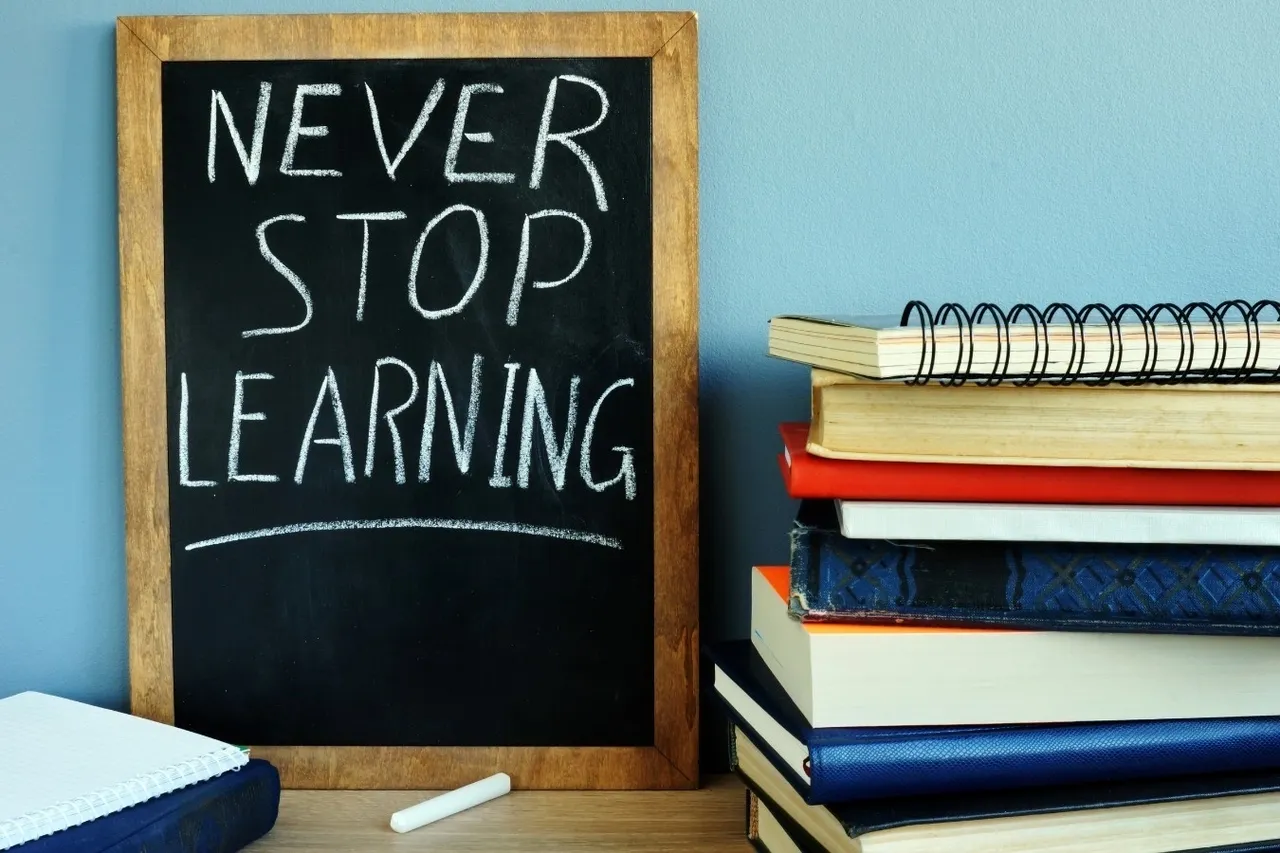The key to maintaining leadership excellence lies in continuous learning. Leaders who commit to ongoing growth stay relevant, adaptable, and effective.
This post explores the critical elements of continuous learning – reading, coaching, reflection, and candid feedback – and how they contribute to sustaining leadership excellence.
The Necessity of Adaptability
Today’s world is characterized by rapid change; the counter to constant change is adaptability, which stems from learning faster than your competitors.
Leaders must be agile in this environment, continuously updating their knowledge and skills to meet new challenges head-on. Adaptability enables leaders to navigate uncertainty and drive their organizations forward with confidence.
The Dangers of Stagnation
Complacency is a silent killer of leadership potential. After all, a leader who has stopped learning has started their decline into irrelevance.
When leaders cease to innovate and grow, they risk falling behind as the world moves on without them. Continuous learning ensures that leaders remain at the forefront of their fields, inspiring their teams and driving organizational success.
The Value of Reading
Good decisions come from experience, but reading allows you to gain the lessons and wisdom of multiple lifetimes. Leaders can access a wealth of knowledge and insights from diverse perspectives through books, articles, and other educational materials.
This broadens their understanding and enhances their decision-making capabilities. By immersing themselves in reading, leaders can learn from the successes and failures of others, avoiding pitfalls and seizing opportunities more effectively.
Learning from Experience with Guidance
Coaching helps you learn from your own experiences and offers invaluable perspectives. A good coach not only provides guidance, but also calls out self-delusional thinking, holding leaders accountable to their goals and aspirations.
Coaching can illuminate blind spots, challenge preconceived notions, and direct leaders toward relevant learning opportunities. By engaging with a coach, leaders receive the candid feedback their employees and even their bosses may hesitate to provide, fostering a culture of continuous improvement.
For instance, consider a leader who struggled with delegation. Through coaching, they gained clarity on their reluctance to trust their team and develop strategies to empower their employees. This transformation not only enhanced their leadership effectiveness, but also boosted team morale and productivity.
The Role of Self-Assessment and Honest Evaluation
Reflection and candid feedback are crucial for personal and professional development. Regular self-reflection allows leaders to assess their actions, identify areas for improvement, and celebrate their successes. Paired with candid feedback from trusted sources, reflection becomes a powerful tool for growth.
Leaders should actively seek honest evaluations from peers, mentors, and subordinates to gain a comprehensive understanding of their performance. Implementing processes such as 360-degree feedback or regular one-on-one discussions can provide valuable insights that drive continuous improvement.
Continuous learning is essential for sustaining leadership excellence. By committing to reading, engaging in coaching, reflecting on experiences, and seeking candid feedback, leaders can adapt to change, avoid stagnation, and make informed decisions. Embrace continuous learning as a fundamental component of your leadership journey and explore our consulting services to support your growth. Your future self will thank you.
At 5 Eagles Leadership, we support leaders in their journey toward excellence, offering personalized coaching and strategic guidance to help them thrive in a dynamic world. Book a call with 5 Eagles Leadership today! Book your call now!
Be awesome this week!


